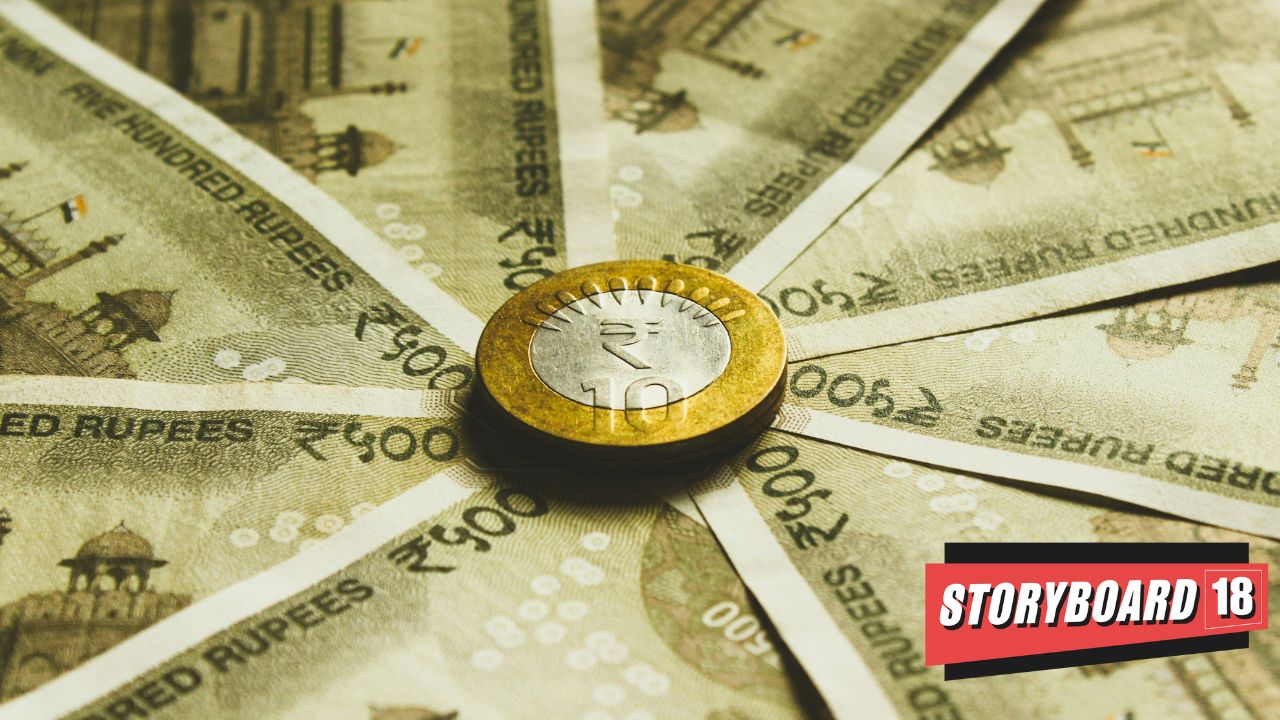The newly formed government is set to announce its first budget on July 23, and the Indian gaming and esports industry is hoping for increased sports funding and the inclusion of esports in Khelo India. The video game industry is expecting tax incentives for developers and clear classification of Real Money Games and video games.
In 2023, Finance Minister Nirmala Sitharaman presented the Union Budget, which many in the online gaming industry found encouraging. Storyboard18 spoke with multiple stakeholders from the esports and gaming industry to understand about their expectations for the upcoming Union Budget 2024.
Allocate Budgets for Centers of Excellence
Akshat Rathee, Co-founder and MD of NODWIN Gaming, said, “Gaming and esports have different needs and demands in the budget. With esports now under national and international sports federations, esports would benefit from increased investment in the sports budget and inclusion in national games such as Khelo India.”
Read more: Sachin Tendulkar, Adar Poonawalla-backed JetSynthesys to exit from Skyesports?: Exclusive
Rathee further noted, “Esports has the potential to win India medals in international sports competitions. Gaming would benefit from the allocation of budgets for centers of excellence under the AVGC policy of India, where game development and associated businesses can create jobs and increase India’s soft power in content for the youth worldwide.”
RMG Players Will Rejoice
Rohit Agarwal, Founder and Director of Alpha Zegus, a next-gen marketing agency specializing in gaming and lifestyle, shared his perspective: “I believe in this budget session, we will not see any major updates about the video gaming and esports industry. We might, however, see updates regarding the regularization of the RMG segment and changes in policy structures/tax slabs for the same.”
He added, “The battle between the division of esports and RMG is still prevailing and is being escalated to the highest authorities for judgment. For this reason, we can expect some budget modifications. I hope that decisions regarding RMG don’t negatively impact the esports industry.”
Recently, a consortium of 70 Indian gaming companies wrote to the PMO and I&B Ministry suggesting a reduction of GST on video games to a 12 percent bracket to promote sustainability and better cash flow for game companies, as well as exemptions on import/customs duties, IGST, and any cess for proprietary hardware development kits used for testing and developing video games.
Need for Tax Incentives
Roby John, CEO and Co-Founder of SuperGaming, said, “The video gaming and esports industry holds high expectations for policies that will bolster economic growth and innovation in India. The gaming sector has seen exponential growth, driven by a young, tech-savvy population. We hope the upcoming budget will recognize this potential and introduce measures that support game development, infrastructure, and talent development.”
He further stated, “Tax incentives for developers, investment in infrastructure, and support for local studios can position India as a global gaming leader. The gaming community looks forward to a budget that acknowledges our contribution to the economy and supports our growth trajectory.”
Treat Us Differently
Shalin Shodhan, CEO and Founder of Masala Games, creators of the upcoming Indian mystery adventure Detective Dotson for PC and Xbox Series X and S, said, “Video games are the intersection of art, commerce, and tech. They need to be treated differently from other forms of entertainment. We hope the government considers supporting video game development by adding it to educational curriculums and skill development initiatives. This would allow India to shine on the world stage as a net contributor to game development instead of just being a consumption market.”
Encourage Banks to Consider AVGC-XR IPs as Assets
Expecting multiple policies on financial incentives, taxes, game developer funds and encouraging banks to classify AVGC- XR IPs as assets, Deepak Ail, CEO and Co-founder of Dot9 Games, creators of the mobile shooter FAU-G: Domination, said, “We are seeing a fundamental shift in our industry with more made-in-India video games than ever. This will make original IP video game production the norm. The Government of India can play a crucial role in leveraging the potential of our industry with appropriate policies so that the Indian video game industry will emerge as a significant exporter and contributor to the nation’s goal of achieving a 10-trillion-dollar economy by 2047.”
Read more: Indian esports ecosystem slows down. Who is to blame?
Establish SEZ for Manufacturing
Vishal Parekh, Chief Operating Officer of CyberPowerPC India, expects the government to enhance investments in building digital infrastructure and establishing Special Economic Zones dedicated to the manufacturing of PC and gaming equipment.
Parekh said, “The gaming and esports sectors hold immense potential for career opportunities for the youth, which in turn encourages more investments in digital infrastructure, such as faster internet connectivity and wider broadband penetration. This will be crucial in ensuring that gamers across the country have access to seamless and immersive gaming experiences. The government can further fuel the gaming hardware industry by introducing subsidies for research and development in gaming technology.”
